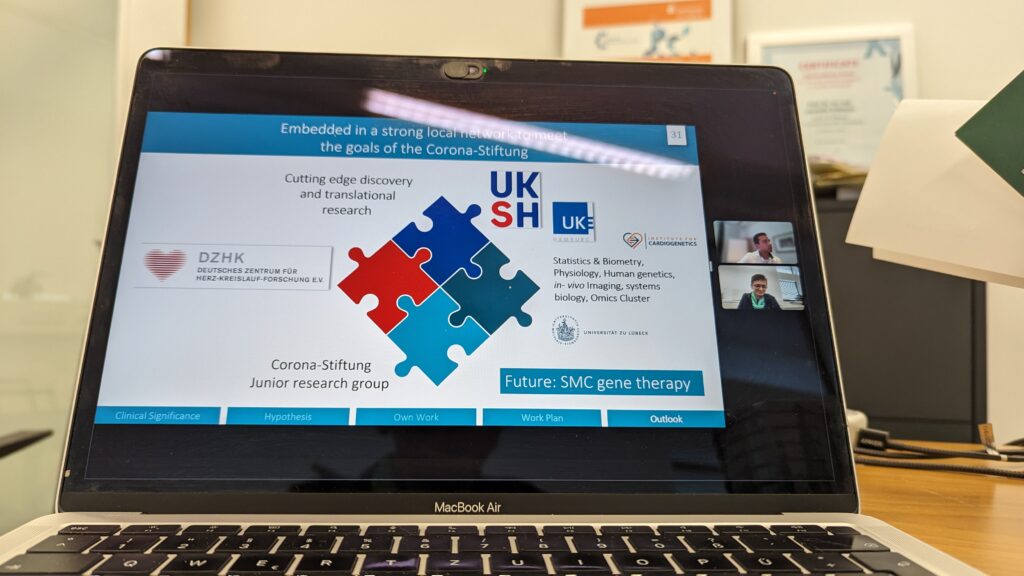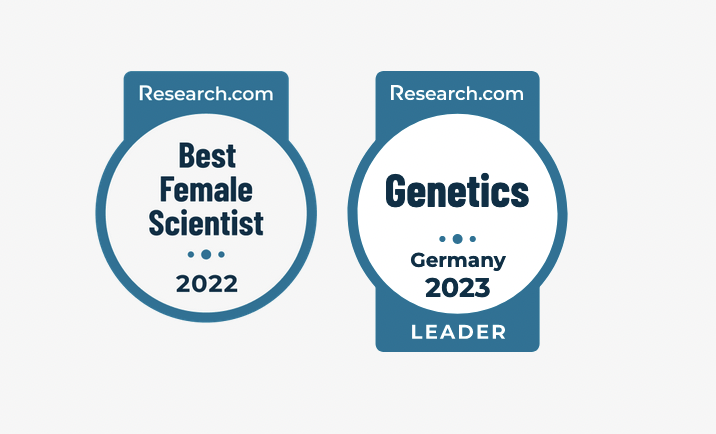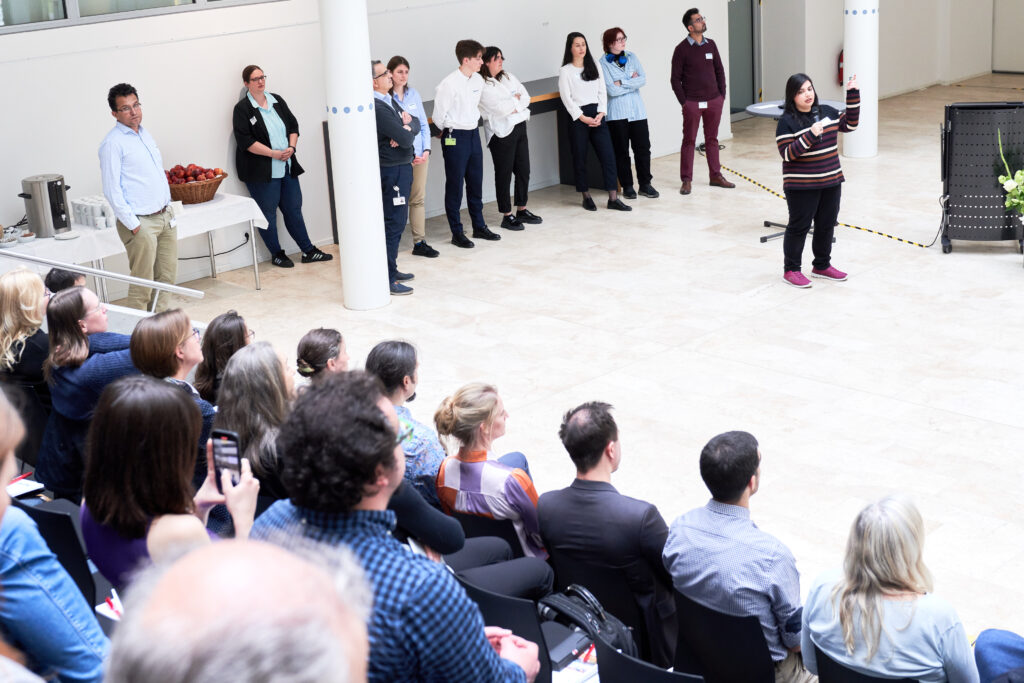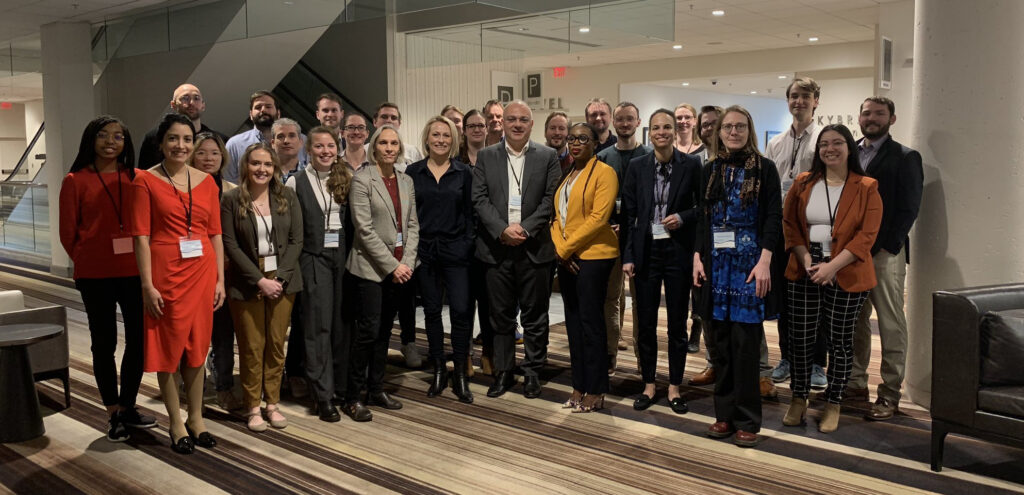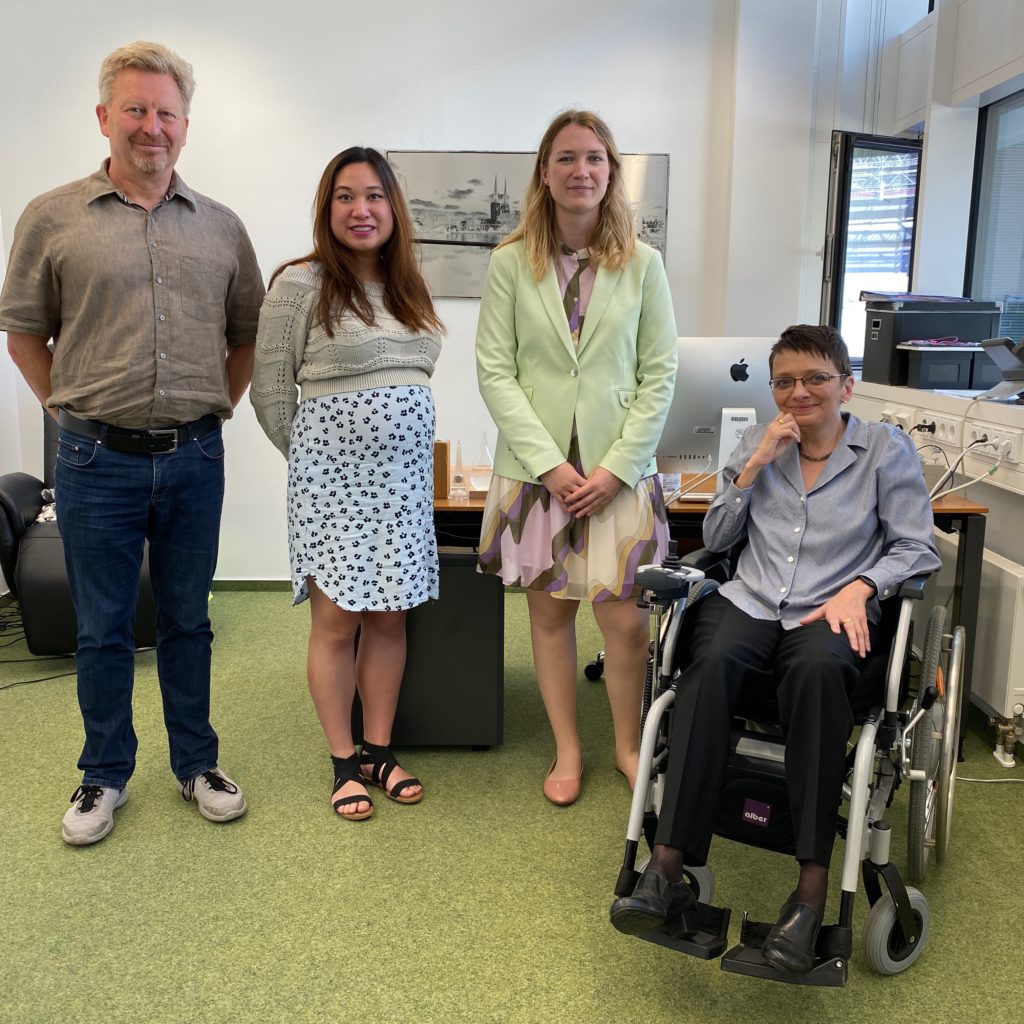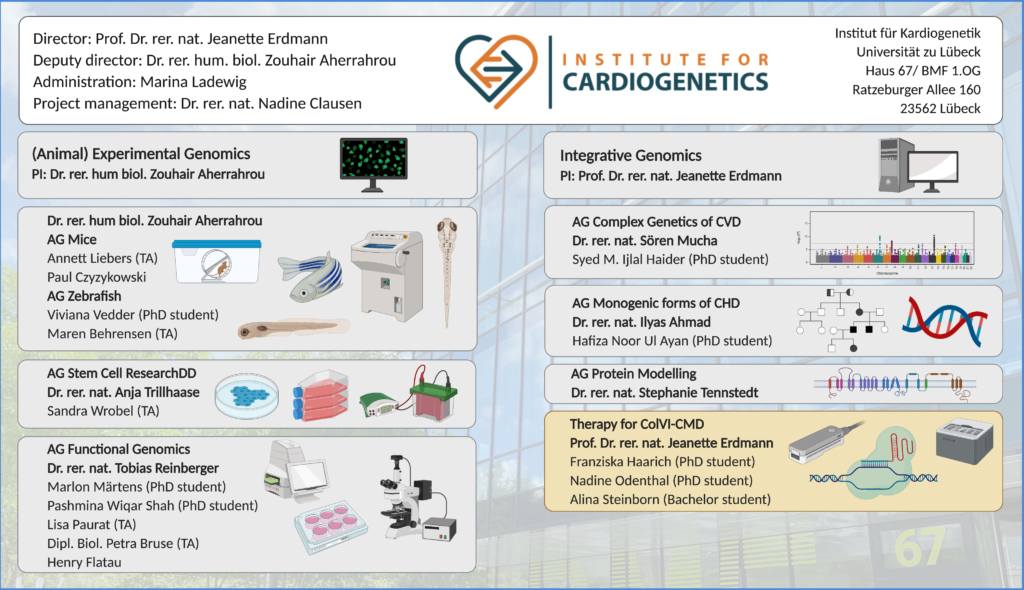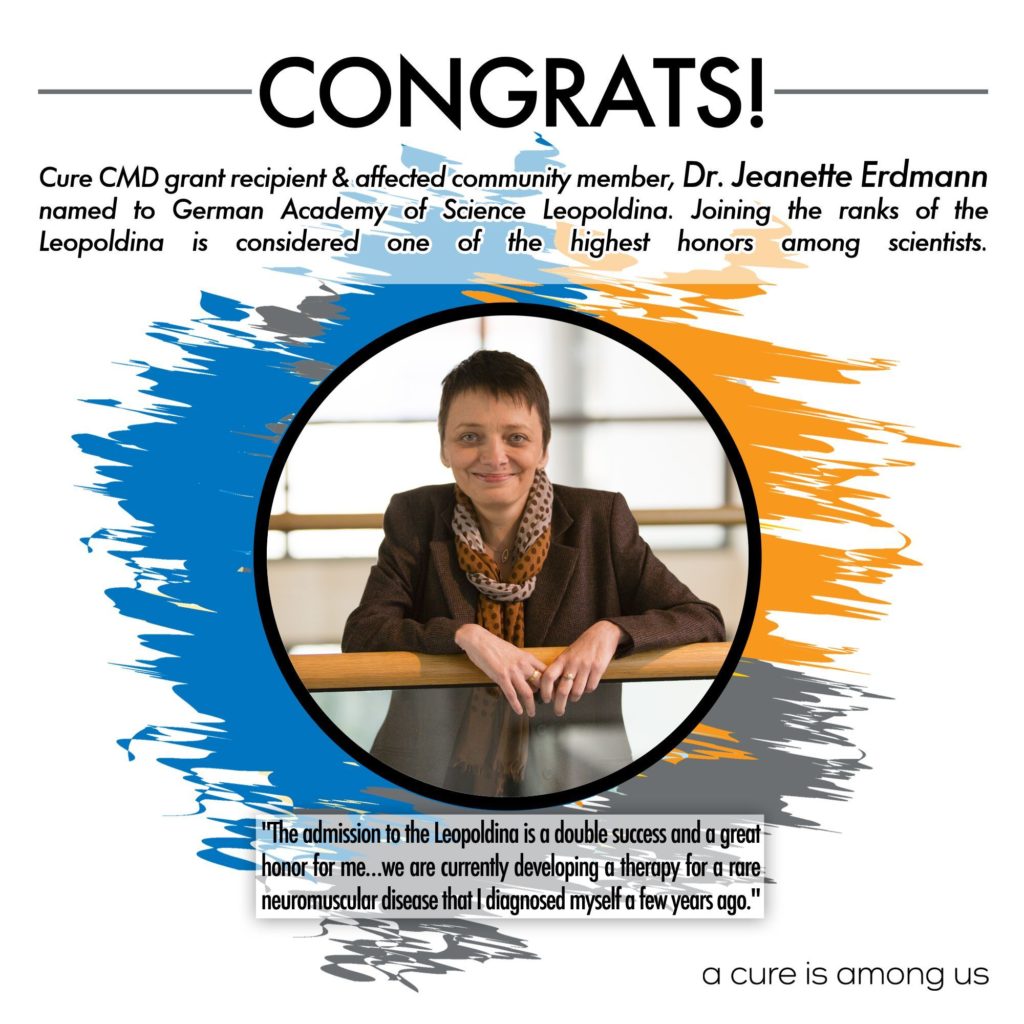Functional Genomics gets a major boost at the ICG
The Institute for Cardiogenetics at the University of Lübeck is thrilled to announce a major grant from the Corona-Stiftung. The fund is dedicated to supporting the innovative work of Dr. Redouane Aherrarhou, a trailblazing researcher who, under the mentorship of Prof. Jeanette Erdmann, will establish his independent junior research group to take a novel approach to understanding coronary artery disease (CAD). The research project, entitled “Dissecting Sex Differences in Coronary Artery Calcification with System Genetics”, aims to illuminate the complex genetic interplay behind coronary artery calcification (CAC) – a phenomenon strongly associated with CAD and fatal plaque rupture.
Functional Genomics gets a major boost at the ICG Read More »
